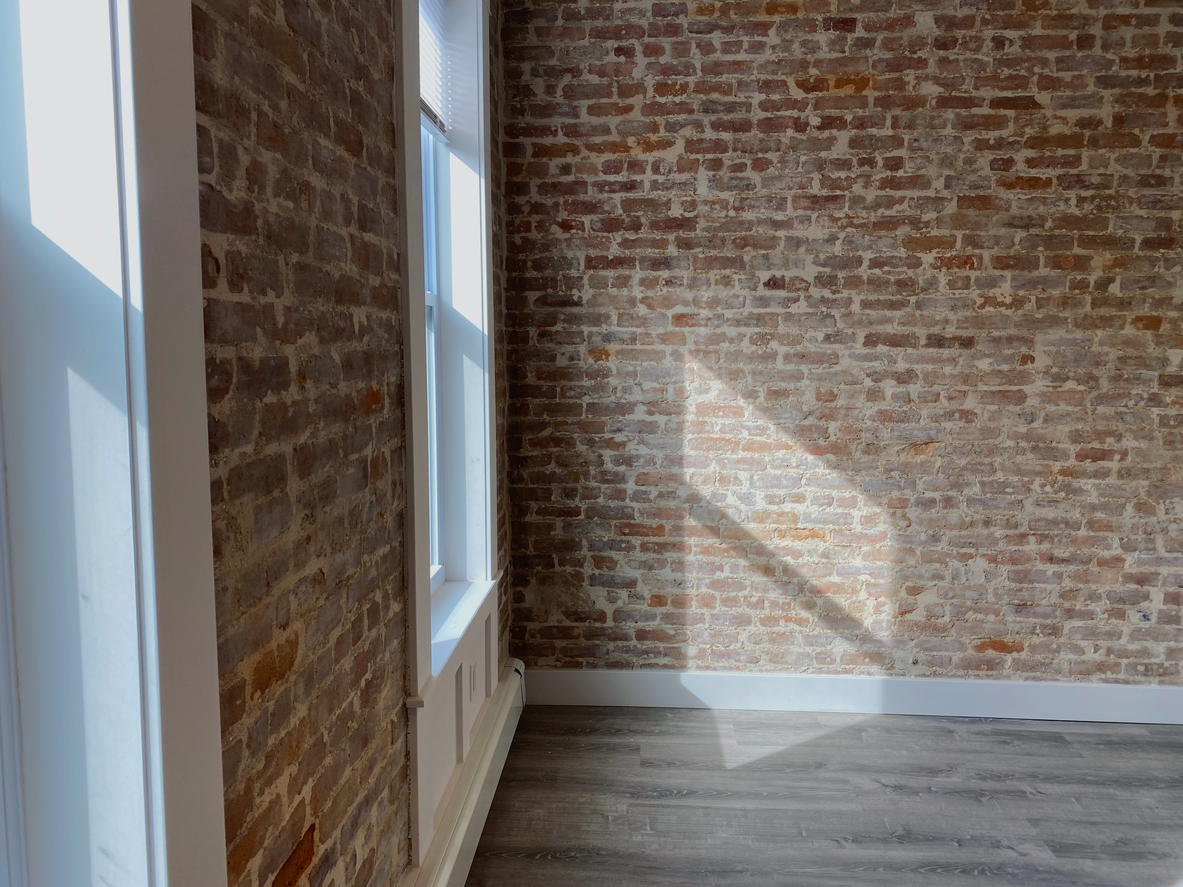Builders’ risk coverage is one of the essential insurance policies every builder needs to have before starting a project in New York. But what exactly is builders’ risk? In this article, we will discuss builders’ risk coverage. Then, we will detail what it covers and does not cover. We will also outline the necessary steps to building in New York.
How Does Builders’ Risk Coverage Work?
Builders’ risk coverage protects building owners, architects, engineers, contractors, and subcontractors against financial losses that may arise during a construction project. It covers the property, documents, and soft costs in case of damage due to vandalism, fire, and other unexpected events.
Builders’ risk is a type of temporary commercial property insurance that only lasts for the duration of the construction project. Typically, the policy goes into effect before the arrival of the first building materials at the job site and terminates once the project is considered complete.
A person could add the coverage as an indorsement, depending on the insurance provider, the sting policy, or purchase a standalone policy, depending on the insurance provider. It can cover a new construction project.
What Does Builders’ Risk Not Cover?
Although builder’s risk insurance is essential for many construction projects, it does not protect against all risks. These exclusions may vary depending on the policy and the insurance provider, but some common ones include:
- Damage from flooding and earthquakes
- Ordinary wear and tear
- Work Vehicles
- Employee Theft
- Flaws in Manufacturing and Design
Is a Permit Required to Build in New York?
Yes, but not always. While most construction projects in New York City require approval and permits from the Department of Buildings, there are exceptions. Some minor alterations, like installing new kitchen cabinets and resurfacing floors, do not require a permit. However, contractors performing them must have a Home Improvement Contractor (HIC) license from the Department of Consumer Affairs.
Other types of work that do not need permits are plastering, painting, plumbing fixture replacement, and non-structural roof repair. For more information, the Department’s borough directors or a Professional Engineer (PE) or Registered Architect (RA) can provide information on filing and permit requirements exceptions.
Aside from minor alterations and ordinary repairs, the NYC Administrative Code §28-105.4.5 exempts permit work for the following (unless otherwise indicated):
Emergency Work
Licensed contractors are allowed to perform emergency work before the permit is issued as long as they file an Emergency Work Notification within two (2) business days after completing the work. The notification should describe the emergency and actions to repair the hazard.
Ordinary Plumbing Work
Work considered ordinary maintenance and repair, including the allowable replacement or relocation of plumbing, equipment, gas piping, and components, does not require a permit. However, these projects must be performed by a Licensed Master Plumber.
Other work that does not require a permit includes Service Equipment, Minor Alterations, and Ordinary Repairs.
About Snyder Specialty
Snyder Specialty, LLC is a New York-based underwriting facility that provides a range of property and liability solutions for personal and commercial lines. Specializing in coastal properties and hard-to-place risks, Snyder Specialty expands your current capabilities with proven solutions for complex risks. Find out more about the company’s range of services by calling (718) 362-8039



